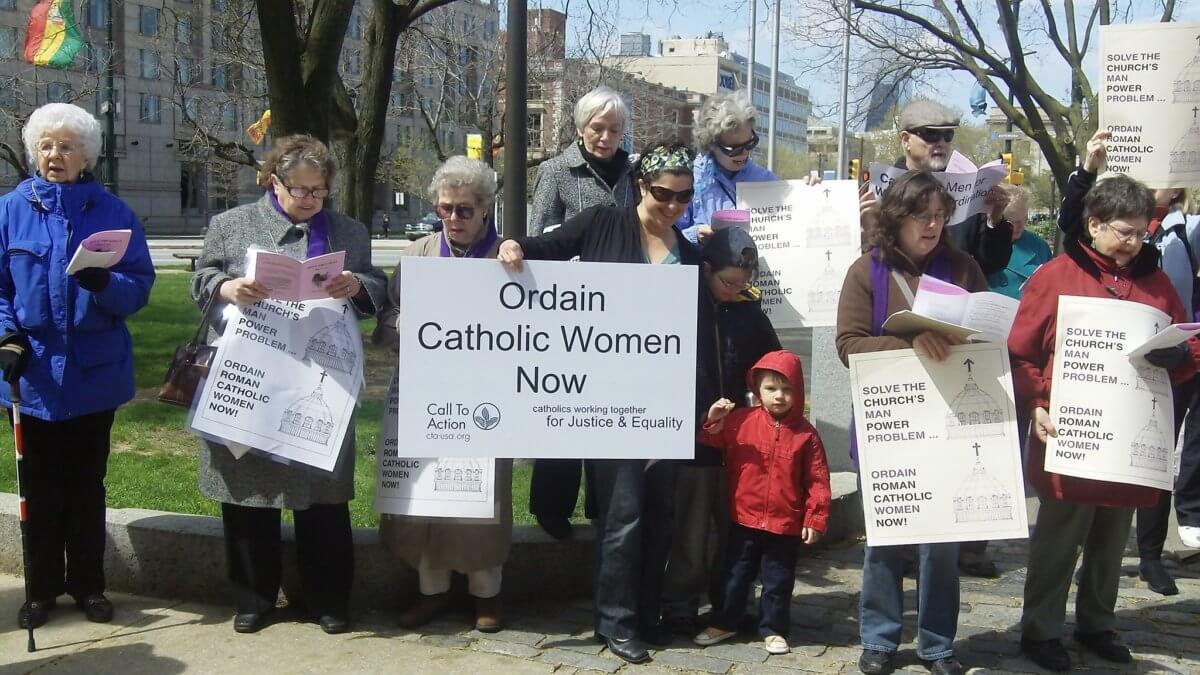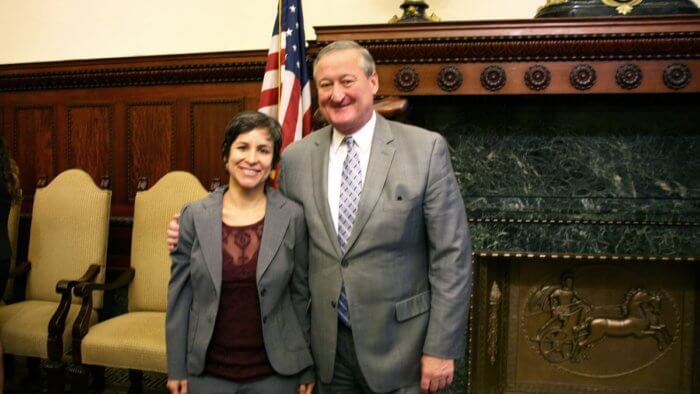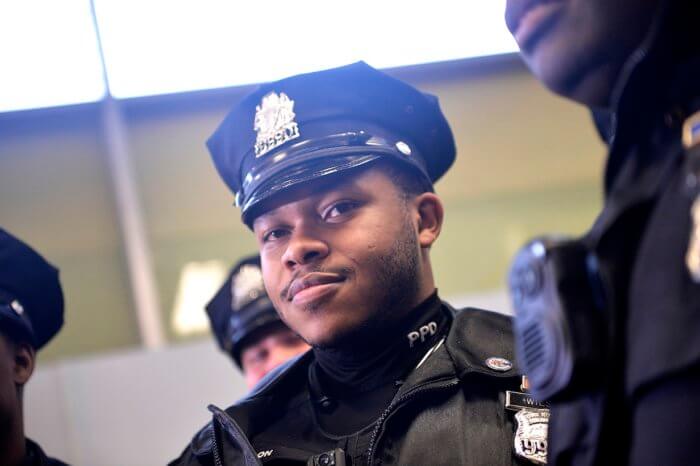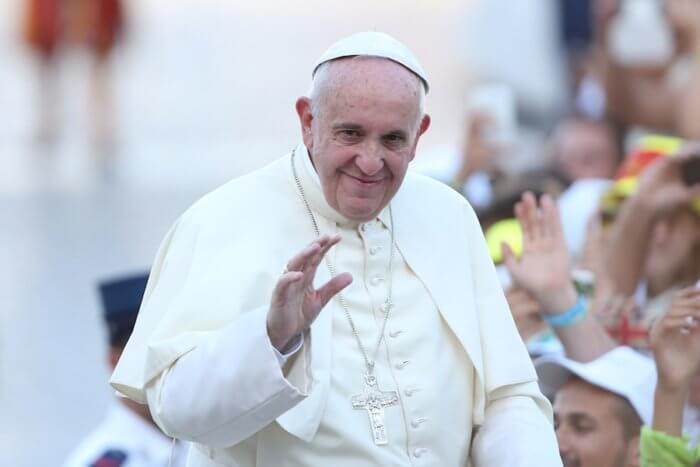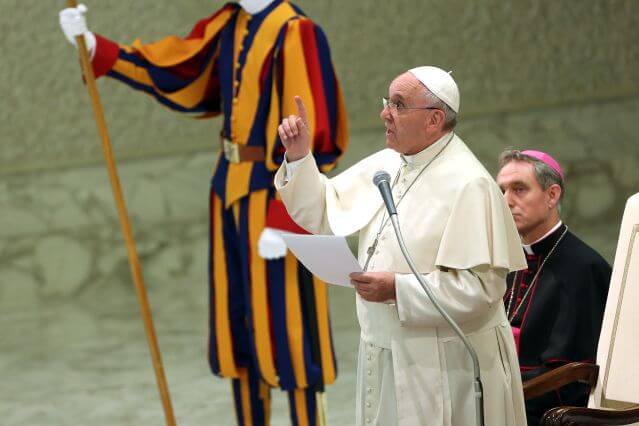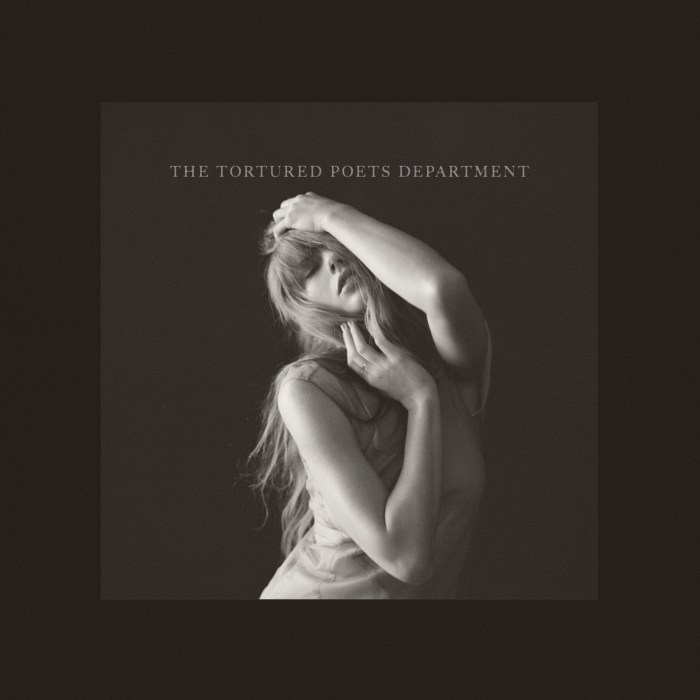A group of women that believe they should be allowed join the priesthood will return to the Cathedral Basilica of Saints Peter and Paul Thursday to argue their case.
The Southeastern Pennsylvania Women’s Ordination Conference (SEPAWOC) has held this witness — holding banners, signs and talking to passersby about their cause — for 35 years. They don’t expect a warm welcome.
“It has been hostile to indifferent,” said Maureen Tate, 61, of West Philly, a member of the group who will participate in the event today, of the Archdiocese of Philadelphia’s reaction to their presence.
The women will gather during Chrism mass — a Holy Thursday mass when all priests in the Archdiocese of Philadelphia will accept the oils used in the Holy Week services and throughout the year.
“Because all the priests are present, it’s our chance to be a visible witness to them,” Tate said. “We get some priests who clearly are supportive of what we are doing, and every once in a while give us a ‘Hi,’ but generally we get stares and glares from the cathedral.”
The Archdiocese did not comment on these claims but defended the male-only clergy in general.
“All Catholic men and women bring different yet equally valuable gifts to the Church,” Archdiocese spokesman Ken Gavin said, noting that half of diocesan administrative and professional positions are held by women, and that women are about 80 percent of lay parish ministers.
“The Church is strongest when the gifts given by Christ to all her members are celebrated and respected,” Gavin said. “Our late Holy Father, Pope John Paul II, said, ‘The presence and the role of women in the life of the Church, although not linked to the ministerial priesthood, remain absolutely necessary and irreplaceable.’ (Ordinatio Sacerdotalis, 1994).”
But Tate said the group believes that the concept of women being ordained as priests does not contradict church teachings and could benefit the church. They also support married clergy.
“It’s issues of sexism, patriarchy and clericalism in the church that are barriers to women’s participation,” she said. “Jesus’ own ministry was very inclusive of women and embraced all marginalized people.”



